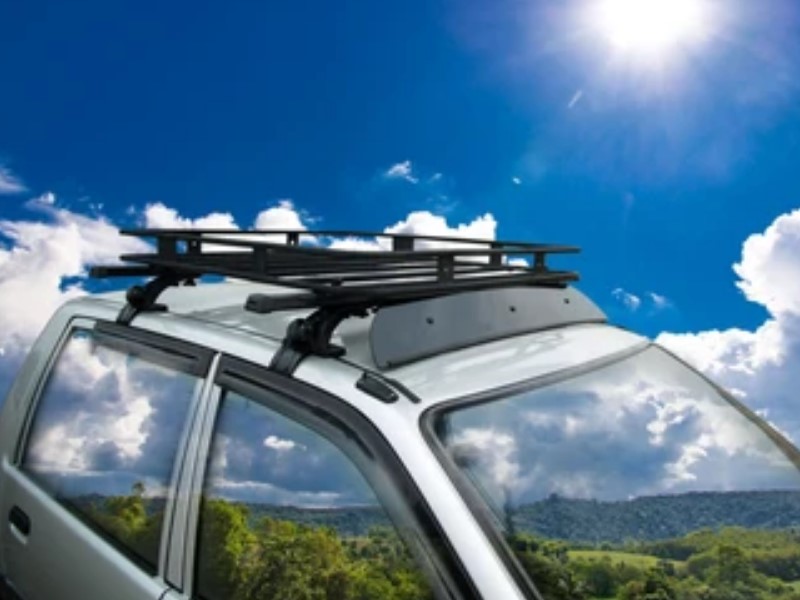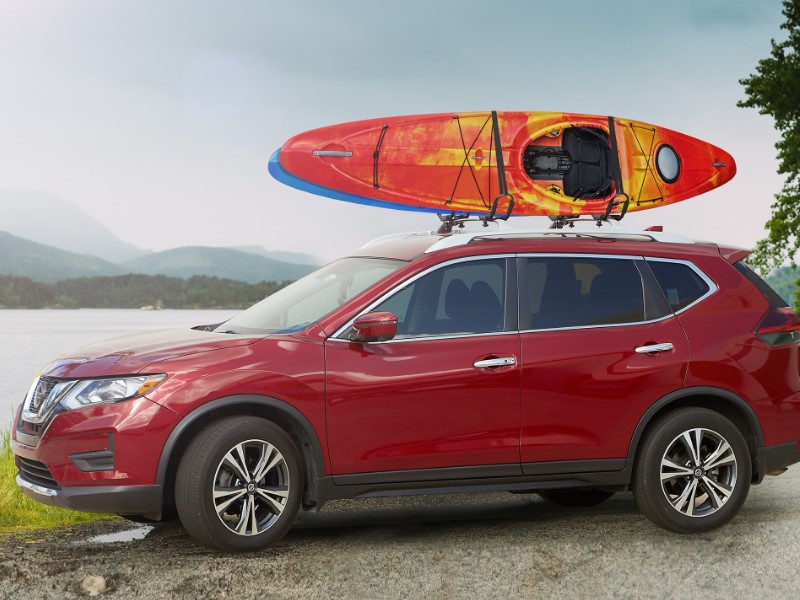
Efficient Additional Transport Systems
If you’re thinking about roof bars as an external transportation system, there’s something you need to know. These bars fit onto the roof of your vehicle, using a variety of attachment systems but all are useful and good for the ultimate goal: adding space to carry things. Roof bars are perfect if you’re an RVer, cyclist, or just need to carry several things, as they allow you to load your bike, camping tents, bags, and other gear on them that wouldn’t fit in the trunk.
In this guide, we want to explain the different types of roof bars available and how you’ll be able to adapt them to your vehicle.
Roof bars as an external transportation system
If you’ve chosen roof bars as your exterior transportation system, you may be wondering what different options are available.
For most cars, you’ll be able to choose from 3 main types of roof bars. Let’s see which ones
- Square bars – Traditional load bars
- Aerodynamic Bars – Made from lighter aluminum, these are more aerodynamic than steel bars, resulting in less gasoline being used. A system called “T-track” allows the full width of the bars to be used when mounting accessories.
- Thule Wing Bars – Exclusively from Thule, a well-known brand of auto accessories, Wing Bars are made of aluminum and incorporate a full-length T-track system. They are the quietest and most aerodynamic roof bars available.
How to choose the right roof bars for your exterior

Although many of the roof bars we see on the market (Withcar) universally fit most vehicles, you will still need to check compatibility and consider the specific properties of the bar type.




